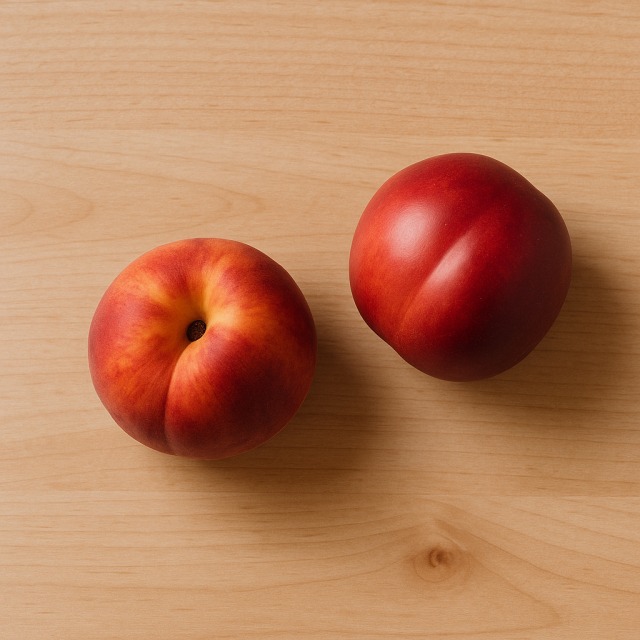Calorie Chart / Fruits / Apricot
How Many Calories Are in Apricot?
Calculation of the nutritional value & Recommended Dietary Intake of apricot
For g and a calorie requirement of kcal
| Calories 22 kcal | Proteins 0.5 g | Lipids 0 g | Carbohydrates 5 g |
| 1% | 1% | 0% | 2% |
Health benefits of apricot

Apricot - 100g
Calories 44 kcal
Proteins 1 g
Lipids 0 g
Carbohydrates 10 g
With only 44 kcal per 100 g, apricot is clearly a low-calorie fruit, ideal for anyone tracking their daily calorie intake. Despite this light caloric footprint, it delivers a dense package of nutrients. Beta-carotene (pro-vitamin A) supports vision and skin health, while vitamin C contributes to immune defense. Potassium helps regulate blood pressure and muscle function, and the soluble fiber aids gentle digestion. Because you get so few calories for so many micronutrients, apricot is often labeled a nutrient-dense, low-calorie choice in weight-management plans.
Polyphenols such as chlorogenic acid give the fruit antioxidant properties that may, according to some studies, help curb oxidative stress (a supposed benefit still under investigation). Originally domesticated in Central Asia more than 4,000 years ago, the apricot traveled the Silk Road before reaching the Mediterranean, where it became a staple of sun-drenched orchards. The combination of hydration (over 85% water) and modest calories makes it a refreshing summer snack that satisfies sweet cravings without a large calorie burden.
Tips for incorporating apricot into a balanced diet
Because apricot adds natural sweetness without a flood of calories, it slips easily into balanced menus. Toss fresh pieces into a green salad with fresh goat cheese and toasted almond slivers: you get contrasting textures, extra proteins, and only moderate additional calories. For breakfast, stir diced apricot into plain yogurt or a bowl of oat flakes; the fruit's fiber slows carbohydrate absorption and keeps the overall calories of the meal reasonable. Athletes can blend apricot with banana and chilled semi-skimmed milk for a quick recovery smoothie that remains light in calories yet replenishes glycogen.
Culinary inspiration: a Moroccan-style tagine pairing chicken, apricot, and almond; a whole-grain quinoa bowl topped with grilled vegetables and fresh apricot; or a simple oven-baked apricot clafoutis that keeps sugar and calories low by relying on the fruit's inherent sweetness. No matter the recipe, remember to balance the meal's calories by limiting added fats and choosing companions rich in proteins and fiber.
Frequently Asked Questions
- How many calories are in apricot?
- There are 44 kcal per 100 g.
- Is apricot considered low in calories compared with other fruits?
- Yes. With 44 kcal per 100 g, apricot ranks among the fruits lowest in calories, well below fruits such as banana (around 90 kcal/100 g).
- Does drying apricot change its calorie content?
- Absolutely—water loss concentrates sugars, so dried apricot delivers roughly 240 kcal per 100 g, more than five times the calories of the fresh fruit.
- Can I eat apricot every day without exceeding my calorie goal?
- For most people, a daily portion of 2–3 fresh apricots (about 100–120 g) adds under 60 calories, making it easy to fit into a 1,500–2,000 kcal plan.
- Which time of day is best to enjoy apricot for optimal calorie control?
- Because its fiber moderates glycemic response, apricot works well as a mid-morning or mid-afternoon snack; it delivers quick sweetness yet only modest calories, helping avoid high-calorie vending-machine temptations.
Similar foods
Information provided by Calorie Menu may contain inaccuracies or errors. It cannot, under any circumstances, substitute medical advice or medication.










